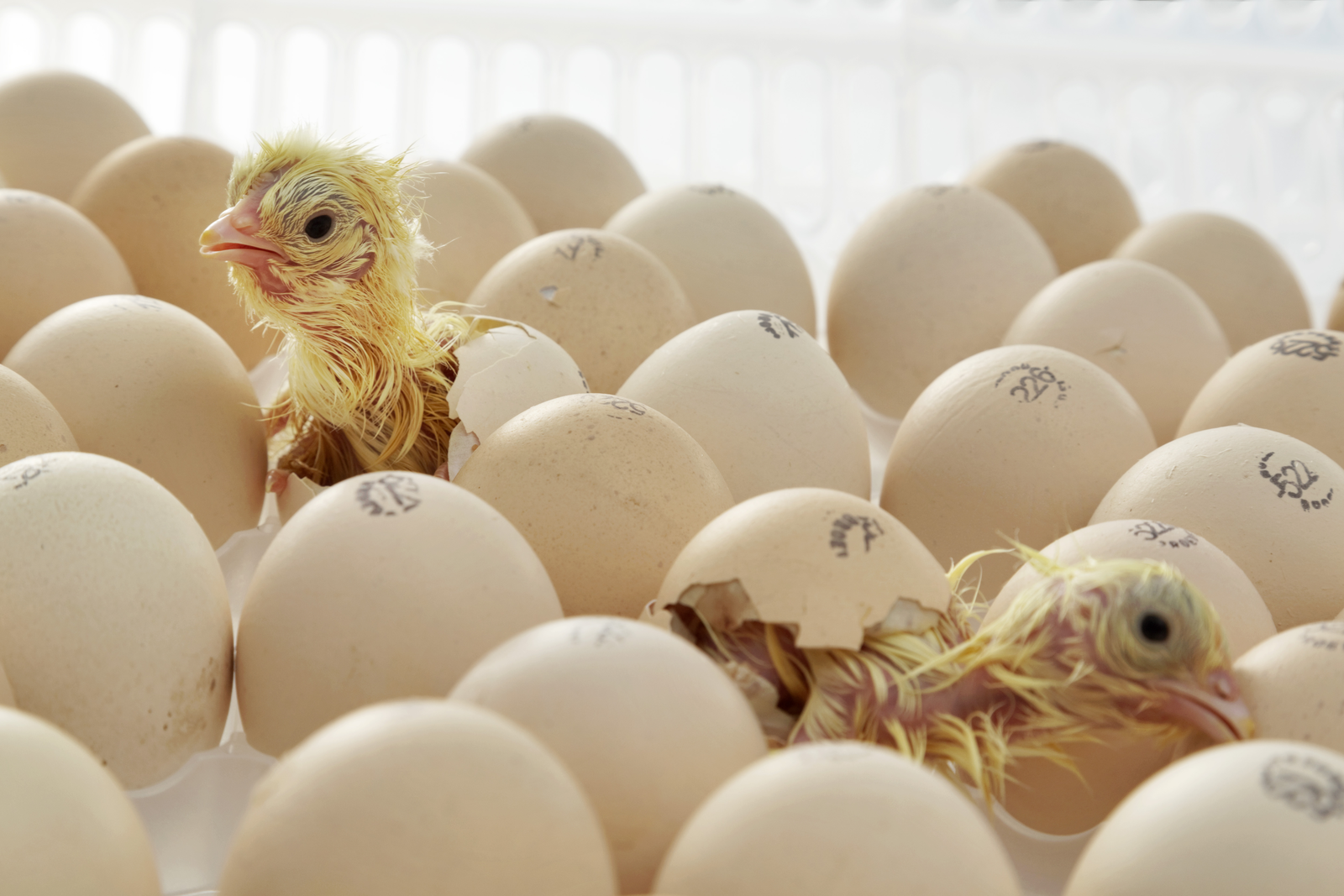Egypt's Gharbia Governorate is poised for a poultry industry boom, driven by a combination of factors that make it an attractive location for poultry farming. The region's fertile lands and proximity to the Nile Delta provide a readily available source of water and resources for feed production. Additionally, Gharbia boasts a well-established agricultural infrastructure, with existing transportation networks that can facilitate the distribution of poultry products to major markets.
Recognizing this potential, the Egyptian government has implemented new regulations aimed at fostering the growth of the poultry industry in Gharbia. These regulations focus on streamlining the licensing process for poultry farms, ensuring access to veterinary services, and providing financial incentives for farmers looking to adopt modern biosecurity practices. This focus on biosecurity is crucial for maintaining the health of poultry flocks and preventing the spread of diseases.
Traditionally, poultry farming in Gharbia has been dominated by small-scale, family-run operations. While these operations play a vital role in local food security, they often lack the resources and infrastructure to compete on a larger scale. The new regulations aim to bridge this gap by encouraging the development of larger, more commercial poultry farms. This will not only increase production but also improve the overall quality and consistency of poultry products from the region.
The growth of the poultry industry in Gharbia is expected to create significant economic opportunities. The establishment of larger poultry farms will necessitate a skilled workforce, leading to job creation in areas such as farm management, veterinary care, and feed production. Additionally, the increased production of poultry products will benefit local consumers by providing a stable and affordable source of protein.
However, there are also challenges that need to be addressed to ensure the sustainable growth of the poultry industry in Gharbia. One key challenge is ensuring that the disposal of poultry waste is managed effectively to prevent environmental pollution. Another concern is the potential spread of diseases, which can be mitigated through strict adherence to biosecurity protocols.
Despite these challenges, the prospects for the poultry industry in Gharbia are bright. With its favorable geographic location, established agricultural infrastructure, and government support, Gharbia has the potential to become a major player in Egypt's poultry sector. The successful development of this industry will not only benefit the region's economy but also contribute to the country's overall food security.

